Plants in Space (start time 04:36) What would you miss if you were to spend an extended time in space—driving a car? Going to the movies? Hiking? Playing with your dog? Gravity, maybe? Or maybe something as simple as eating good, nutritious vegetables. How On Earth’s Beth Bartel speaks with University of Colorado undergraduate researcher Lizzy Lombardi about harvesting healthier veggies for our astronauts. Or, as we like to think about it, plants in space.
 Relativity (start time 13:30) Albert Einstein published his special theory of relativity in 1905 and his general theory in 1915. Special relativity revealed bizarre and powerful ideas, including the famous equation E=mc2, but the basic theory hinges on a single realization: all observers, no matter how fast they are moving, always measure the same speed of light in space. A decade later, general relativity, the result of Einstein’s “happiest thought” that “the gravitation field has only a relative existence” unseated Newton’s law of gravitation. General relativity has passed every observation trial—so far. Relativity is important in everyday experience, for example enabling the incredible accuracy of the Global Positioning System, but the theory, especially the general form, can be a tough mathematical challenge. Boulder astrophysicist Dr. Jeffrey Bennett’s just-published book, What Is Relativity? An Intuitive Introduction to Einstein’s Ideas, and Why They Matter, gently straightens the curved spacetime. Join Jeff and host Jim Pullen live in the studio to learn why ‘black holes don’t suck’!
Relativity (start time 13:30) Albert Einstein published his special theory of relativity in 1905 and his general theory in 1915. Special relativity revealed bizarre and powerful ideas, including the famous equation E=mc2, but the basic theory hinges on a single realization: all observers, no matter how fast they are moving, always measure the same speed of light in space. A decade later, general relativity, the result of Einstein’s “happiest thought” that “the gravitation field has only a relative existence” unseated Newton’s law of gravitation. General relativity has passed every observation trial—so far. Relativity is important in everyday experience, for example enabling the incredible accuracy of the Global Positioning System, but the theory, especially the general form, can be a tough mathematical challenge. Boulder astrophysicist Dr. Jeffrey Bennett’s just-published book, What Is Relativity? An Intuitive Introduction to Einstein’s Ideas, and Why They Matter, gently straightens the curved spacetime. Join Jeff and host Jim Pullen live in the studio to learn why ‘black holes don’t suck’!
Producer: Beth Bartel
Engineer: Jim Pullen
Executive Producer: Jim Pullen
Additional contributions: Jane Palmer
Listen to the show:
Podcast: Play in new window | Download (Duration: 24:08 — 33.1MB)
Subscribe: RSS
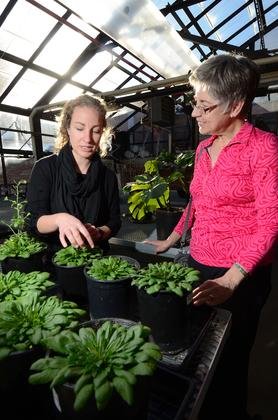



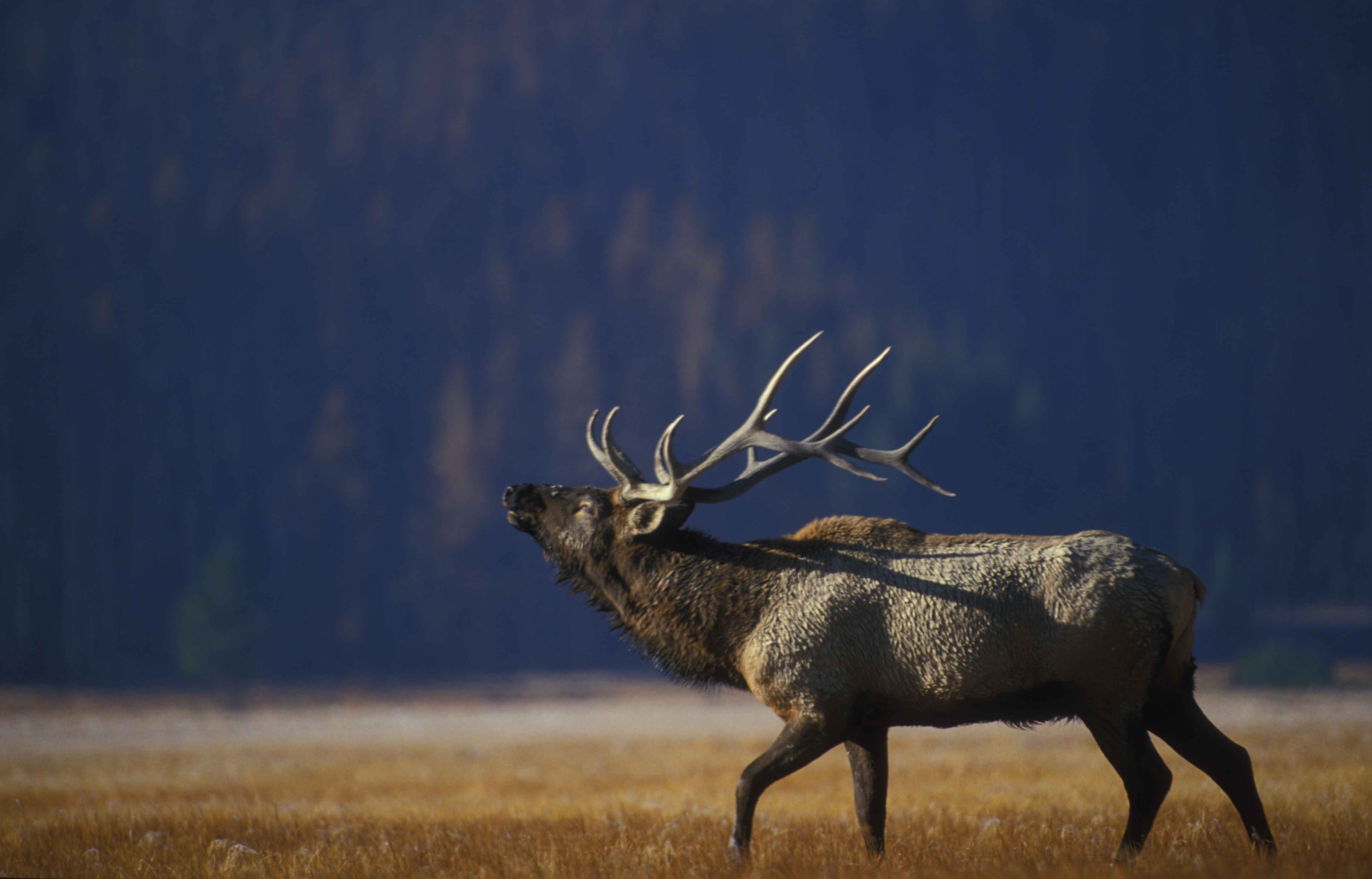
 Big Game and Climate Change (start time 5:00) Last week, the National Resource Council released some serious warnings about
Big Game and Climate Change (start time 5:00) Last week, the National Resource Council released some serious warnings about 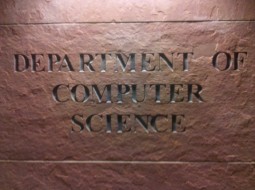 Hour of Code (start time 12:30) Coding is not just a magic trick where ones and zeros make
Hour of Code (start time 12:30) Coding is not just a magic trick where ones and zeros make 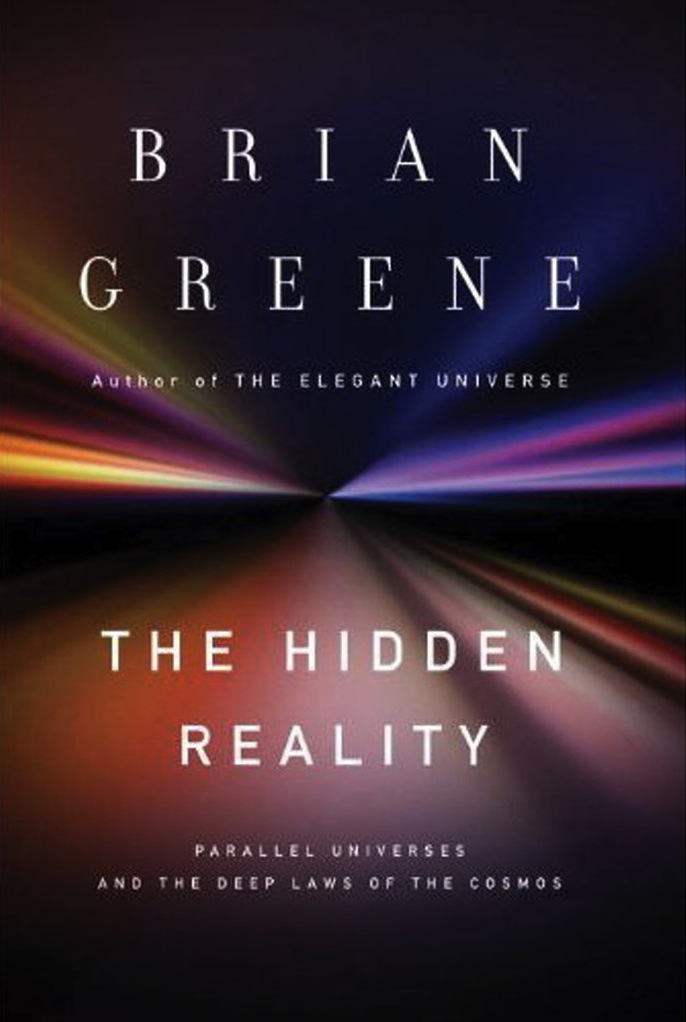
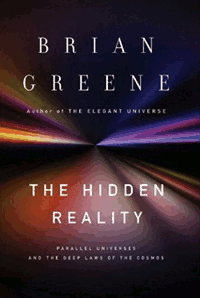 The concept of a parallel universe, a universe remarkably like our own but with some subtle difference, has been the staple of science fiction stories for years. But it is an idea that is seriously discussed in real science starting many decades ago when physicists wrestled with the weird implications of Quantum Mechanics, and recently has appeared in many other guises in other areas of physics. One of the leading scientists in studying these ideas and explaining the mind-bending concepts to non-experts is Professor
The concept of a parallel universe, a universe remarkably like our own but with some subtle difference, has been the staple of science fiction stories for years. But it is an idea that is seriously discussed in real science starting many decades ago when physicists wrestled with the weird implications of Quantum Mechanics, and recently has appeared in many other guises in other areas of physics. One of the leading scientists in studying these ideas and explaining the mind-bending concepts to non-experts is Professor